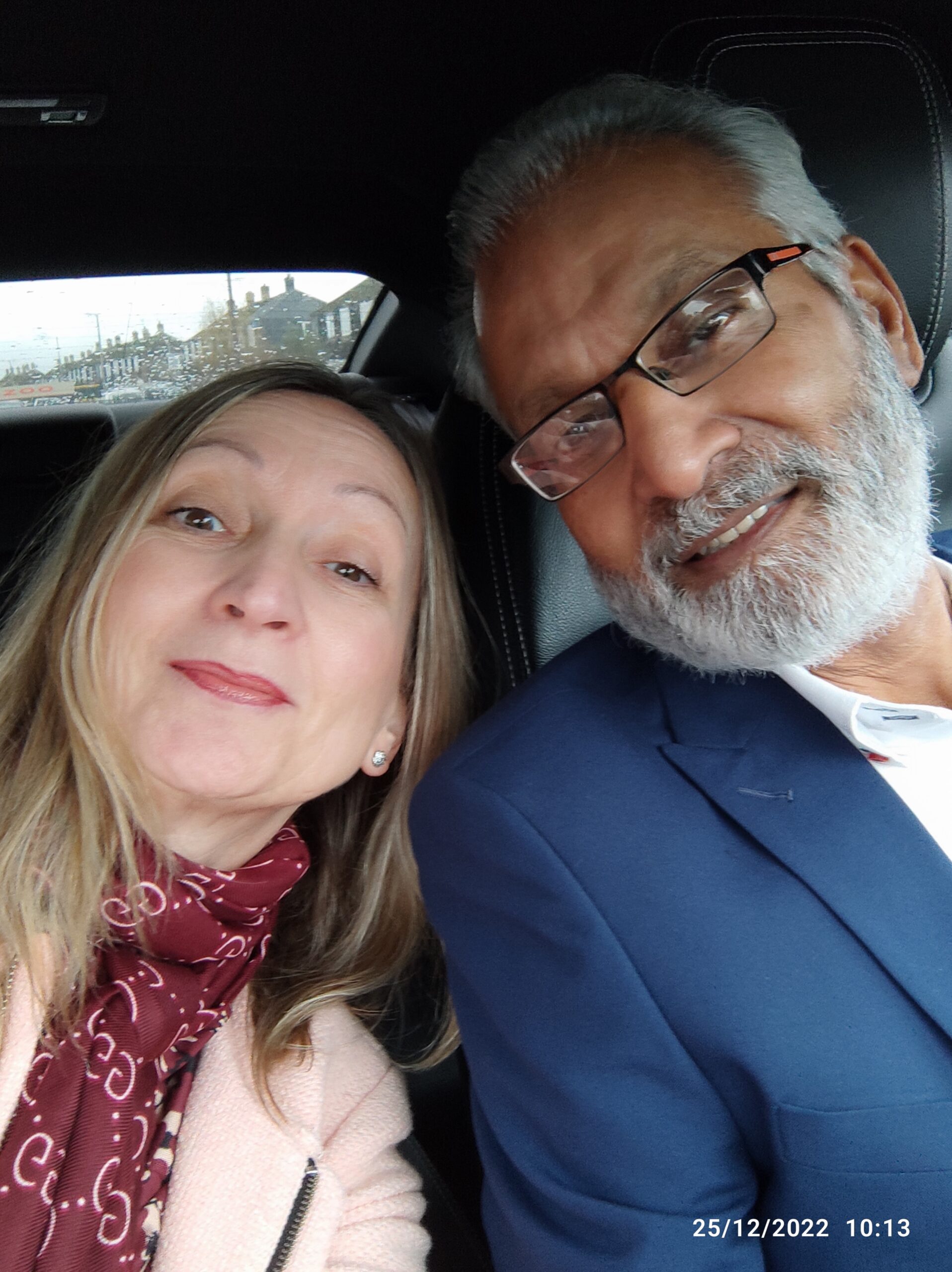A Course in Miracles – Workbook for Students
A Course in Miracles – Manual for Teachers
Posted by Noel Christopher for use in Biblical Fasting.
- Introduction
- Chapter 1 The Meaning of Miracles
- Chapter 2 The Separation and the Atonement
- Chapter 3 The Innocent Perception
- Chapter 4 The Illusions of the Ego
- Chapter 5 Healing and Wholeness
- Chapter 6 The Lessons of Love
- Chapter 7 The Gifts of the Kingdom
- Chapter 8 The Journey Back
- Chapter 9 The Acceptance of the Atonement
- Chapter 10 The Idols of Sickness
- Chapter 11 God or the Ego
- Chapter 12 The Holy Spirit’s Curriculum
- Chapter 13 The Guiltless World
- Chapter 14 Teaching for Truth
- Chapter 15 The Holy Instant
- Chapter 16 The Forgiveness of Illusions
- Chapter 17 Forgiveness and the Holy Relationship
- Chapter 18 The Passing of the Dream
- Chapter 19 The Attainment of Peace
- Chapter 20 The Vision of Holiness
- Chapter 21 Reason and Perception
- Chapter 22 Salvation and the Holy Relationship
- Chapter 23 The War Against Yourself
- Chapter 24 The Goal of Specialness
- Chapter 25 The Justice of God
- Chapter 26 The Transition
- Chapter 27 The Healing of the Dream
- Chapter 28 The Undoing of Fear
- Chapter 29 The Awakening
- Chapter 30 The New Beginning
- Chapter 31 The Final Vision
Manual for Teachers
Introduction
The role of teaching and learning is actually reversed in the thinking of the world. The reversal is characteristic. It seems as if the teacher and the learner are separated, the teacher giving something to the learner rather than to himself. Further, the act of teaching is regarded as a special activity, in which one engages only a relatively small proportion of one’s time.
The course, on the other hand, emphasizes that to teach to learn, so that teacher and learner are the same. It also emphasizes that teaching is a constant process; it goes on every moment of the day and continues into sleeping thoughts as well. To teach is to demonstrate. There are only two thought systems, and you demonstrate that you believe one or the other is true all the time. From your demonstration, others learn, and so do you. The question is not whether you will teach, for in that there is no choice. The purpose of the course might be said to provide you with a means of choosing what you want to teach on the basis of what you want to learn.
You cannot give to someone else, but only to yourself, and this you learn through teaching. Teaching is but a call to witnesses to attest to what you believe. It is a method of conversion. This is not done by words alone. Any situation must be to you a chance to teach others what you are, and what they are to you. No more than that, but also never less. The curriculum you set up is therefore determined exclusively by what you think you are, and what you believe the relationship of others is to you. In the formal teaching situation, these questions may be totally unrelated to what you think you are teaching. Yet it is impossible not to use the content of any situation on behalf of what you really teach, and therefore really……..
